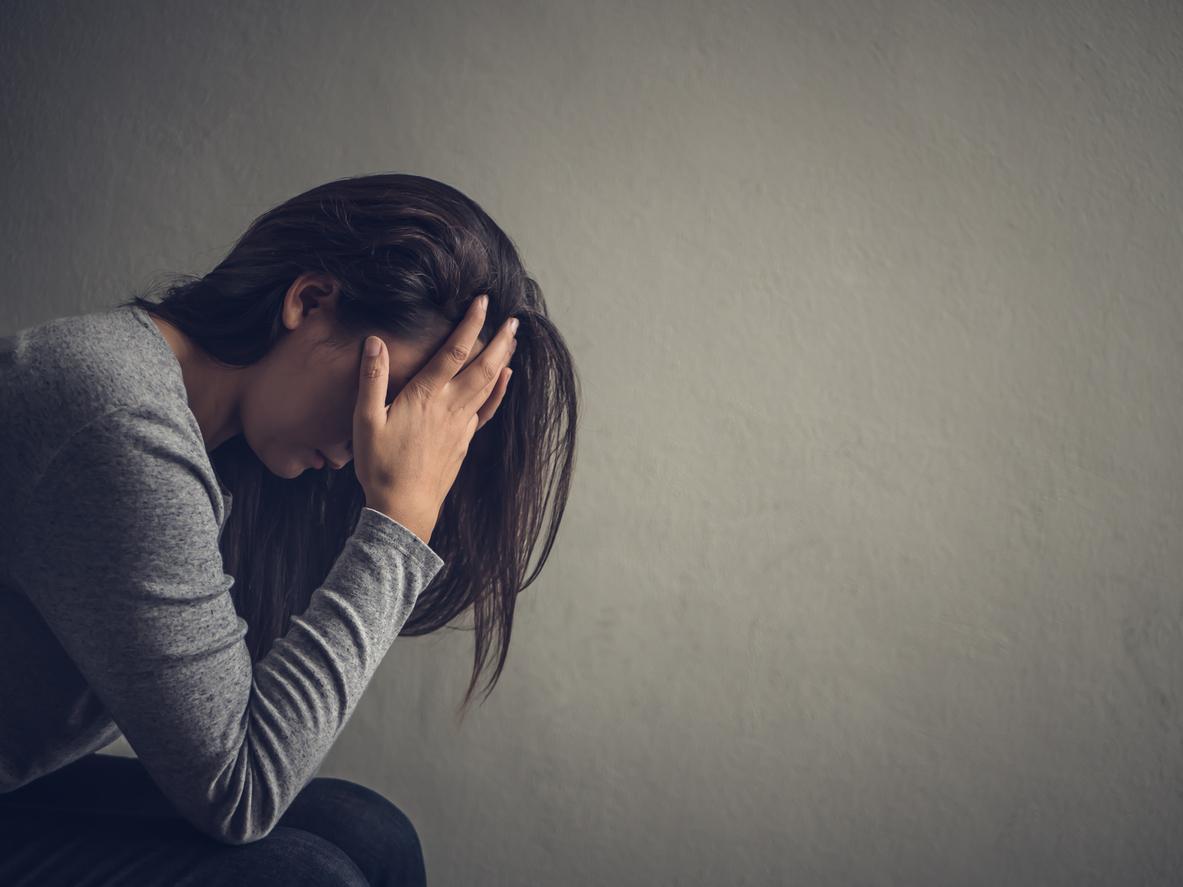With the Covid-19 crisis and related restrictions, students are, more than ever, affected by depression, anxiety and loneliness. These conditions have repercussions on their school results.

- 83% of the 33,000 students surveyed believe that their psychological state has repercussions on their academic results.
- For the authors of the study, it is urgent to put in place specific systems and pedagogies to meet the needs of students in terms of mental health. The role of teachers is therefore essential in the management of the mental health of students.
- To avoid dropping out of school, simple measures, such as adapting homework deadlines, or setting up mental health and well-being resources on campus, can be put in place.
Social restrictions, closed faculties, financial difficulties… The Covid-19 crisis has affected many students around the world. For many, morale is low and their mental health is worrying. Many suffer from loneliness, anxiety and even depression. According to a study carried out by the University of Boston, in the United States, the majority – to be exact 83% – of the 33,000 students questioned across the whole country believe that their psychological state has repercussions on their performance and their academic results. An alarming situation, never seen and which concerns more and more young people. Indeed, according to this same study, depression and anxiety continue to increase among students, with historical records. In the fall of 2020, half of them were affected by one of these two states. Another disturbing result: two-thirds suffered from loneliness and felt isolated. In the United States, researchers believe that the reasons for these results are multiple: the increase in stressors due to the health crisis, but also political unrest, racism and social inequalities.
Educate teachers to be more attentive
According to the authors of the study, the various teaching bodies should set up specific systems and pedagogies to meet the needs of students in terms of mental health. “Faculty need to be flexible with deadlines (of homework) and remind students that their talent is not only demonstrated by their ability to achieve the highest grade during a difficult semester”, says Sarah Ketchen Lipson, a mental health researcher at Boston University and co-principal investigator of the national survey. According to her, small changes could preserve the mental health of students. Teachers could, for example, set homework due at 5 p.m., rather than midnight or 9 a.m., which are times that encourage them to go to bed late or cut back on their sleep time. “Even in larger classes, where outreach is more difficult, teachers can send class-wide emails to reinforce that they care about their students not just as students but as as individuals, and by disseminating information about campus resources for mental health and well-being,” continues the researcher. And if a student misses a class, the teacher could also send him an email personally to ask him how he is.
Offer free support to all students
Some students are more at risk of having problems related to Covid-19. “Students of color and low-income students are more likely to lose loved ones to Covid-19.” recalls Sarah Ketchen Lipson. They are also “more likely to face financial hardship”. The goal is to avoid dropping out of school through special attention from teachers but also by offering support services within places of study, free of charge and therefore open to all. “Often students will only seek help when they find themselves in a mental health crisis, requiring more urgent resources.” says the researcher. But how can we create systems to support wellness before they reach that point? (…) All students should receive mental health education, ideally as part of the required curriculum.”
The study highlighted a significant treatment gap for students’ mental health issues, often due to financial hardship. Those who have the most do not receive the necessary care at the right time, which can have serious consequences. “Years of college life generally correspond to the age of onset of lifelong mental illnesses. concludes Sarah Ketchen Lipson. All the more reason to develop the prevention and detection of mental illnesses within universities.
If the study concerns only students, the authors believe finally that the problems of mental health increase in the whole of the American population, in particular in the teenagers and the young adults.
.

















